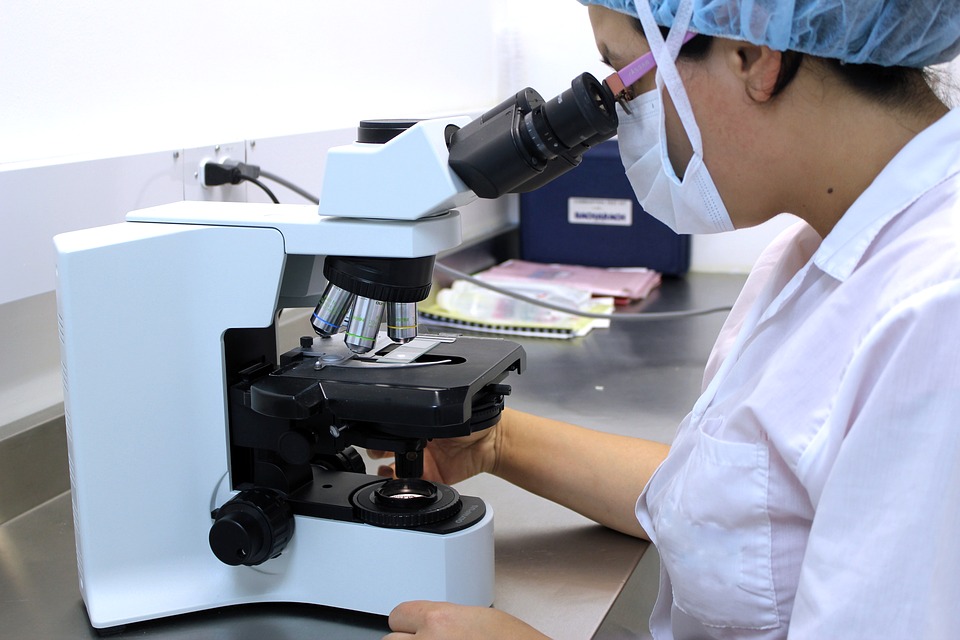 There have been huge strides within the health care industry, and this has led to a huge increase in demand for efficient, reliable equipment. This, in turn, has seen a rise in laboratory equipment suppliers who need to meet this demand. Because the health care industry is literally about life and death, it is vital that these suppliers are truly reliable and deliver products that create timely, accurate results. So how do you find such a supplier? Below are a number of questions you should ask to help you find the best.
There have been huge strides within the health care industry, and this has led to a huge increase in demand for efficient, reliable equipment. This, in turn, has seen a rise in laboratory equipment suppliers who need to meet this demand. Because the health care industry is literally about life and death, it is vital that these suppliers are truly reliable and deliver products that create timely, accurate results. So how do you find such a supplier? Below are a number of questions you should ask to help you find the best.
1. How Long Has the Company Been in Business?
Experience is very important and although it is true that you have to give new players a chance, this is simply not possible when you are dealing with human lives. Hence, you should find a supplier that has been around for a number of years. Experience, particularly in scientific fields, is very important, not in the least because it demonstrates that they have been able to keep up with developments. Additionally, experienced companies tend to be larger companies that have a lot of different types of equipment available. Considering the health care industry measures electrolytes, hematology, coagulation, DNA chemistry, immunoassays, urine, gas, blood, and more, it becomes clear that you will need to find everything in one place.
2. What Is Their Product Range Like?
There are constant new developments in the world of lab equipment, and a supplier should be able to keep up with that. They should have all the latest tools available on the market in stock, or be able to obtain them. At the same time, they should stock parts for older models and tools, as not every lab will be able to stay up to date with every development either. Their stock should also include consumables and reagents, which are in turn used with the rest of the equipment.
3. What Are Their Prices Like?
Obviously, laboratory equipment is not cheap. However, this doesn’t mean it has to cost the earth either. It is all about being competitive with the rest of the industry. At the same time, you have to make sure that what you find offers value for money. For instance, you may be able to purchase a non-certified device for little to no money, but would you really trust those with someone’s life? Refurbished items, by contrast, are fine, so long as they are fully certified.
4. What Type of After-Sale Support Is in Place?
Some of the support services you can expect to receive include repair, maintenance, and installation. Some companies will even offer training, particularly if they offer the latest tools and machines. It should be easy for you to contact the company whenever you have an issue that needs resolving.
5. Do They Offer Rapid Delivery?
Last but not least, you want to make sure that you don’t have to wait for months for your equipment. Make sure that rapid delivery is available.
